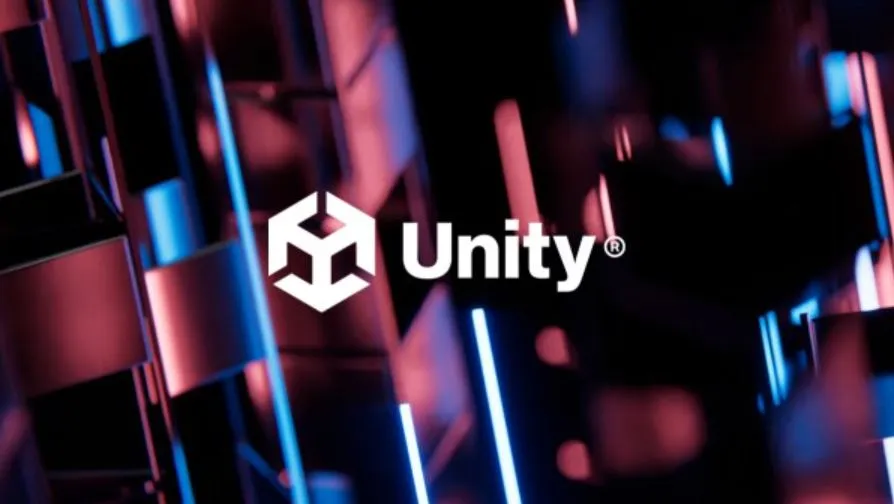Unity's Controversial Runtime Fee Cancellation Sparks Debate Among Game Developers

Unity's Runtime Fee Controversy Explained
In a surprising turn of events, Unity has officially canceled its runtime fee, a policy change that raised eyebrows across the gaming community. This decision came after fierce backlash from game developers who felt the fee structure was unjust. Unity's CEO Matt Bromberg released a statement acknowledging the concerns of developers and sharing the company's commitment to its core values.
The Impact on Game Developers
Game developers now wonder how this change will influence video game development in the long term. Several key factors emerge from this situation:
- Developer Trust: Rebuilding relationships with creators after significant unrest.
- Financial Implications: Understanding the effects on development budgets.
- Unity's Future Policies: Speculating on upcoming strategies and fee structures.
A Shifting Landscape
This shift could lead to a broader reassessment of the gaming industry's approaches to monetization. With Unity’s decision to revert, many are left pondering what it means for game developers and the tools they use.
This article was prepared using information from open sources in accordance with the principles of Ethical Policy. The editorial team is not responsible for absolute accuracy, as it relies on data from the sources referenced.